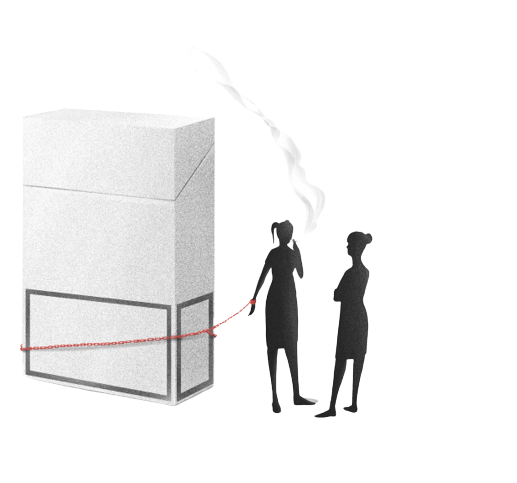
How many people die from smoking in Kazakhstan each year?
What is the economic cost of smoking and tobacco use in Kazakhstan each year?
tenges
Current Rates of Smoking and Tobacco Use in Kazakhstan
Tobacco use continues to be an epidemic in Kazakhstan. Government complacency in the face of the tobacco epidemic protects the tobacco industry in Kazakhstan as the death toll grows each year. Proponents of healthier societies must push for the implementation of evidence-based best practices in tobacco control to create change and reduce the negative effects of tobacco use.
Adult Smoking Prevalence in Kazakhstan
15+ years old; 2019
Men
43.2%
Women
7.7%
Adult smoking prevalence in Kazakhstan is 25%.
Number of Adult Smokers in Kazakhstan
15+ years old; 2019
Men
2,905,210
Women
546,773
Number of adult smokers in Kazakhstan is 3,451,983.
Youth Smoking Prevalence in Kazakhstan
10-14 years old; 2019
Men
4.4%
Women
3%
Youth smoking prevalence in Kazakhstan is 4%.
Adult Smokeless Tobacco Use in Kazakhstan
15+ years old; smokeless tobacco includes snus, chewing tobacco, gutkha, etc.; 2019
Both Men and Women
1%
Adult smokeless tobacco use prevalence in Kazakhstan is 1%.
Deaths Caused by Tobacco in Kazakhstan
% deaths attributable to tobacco use in 2019
Men
25%
Women
6.4%
16% of all deaths in Kazakhstan are caused by tobacco use.
Learn more about global Prevalence, Youth Smoking and Deaths.
Negative Effect of Tobacco Use in Kazakhstan
Tobacco use harms both the public and fiscal health of Kazakhstan, threatening efforts to improve equity, alleviate poverty, and protect the environment.
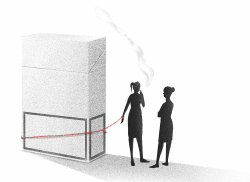
Societal Harms
The economic cost of smoking Kazakhstan is 1,310,638,473,216 tenges. This includes direct costs related to healthcare expenditures and indirect costs related to lost productivity caused by illness and premature death.
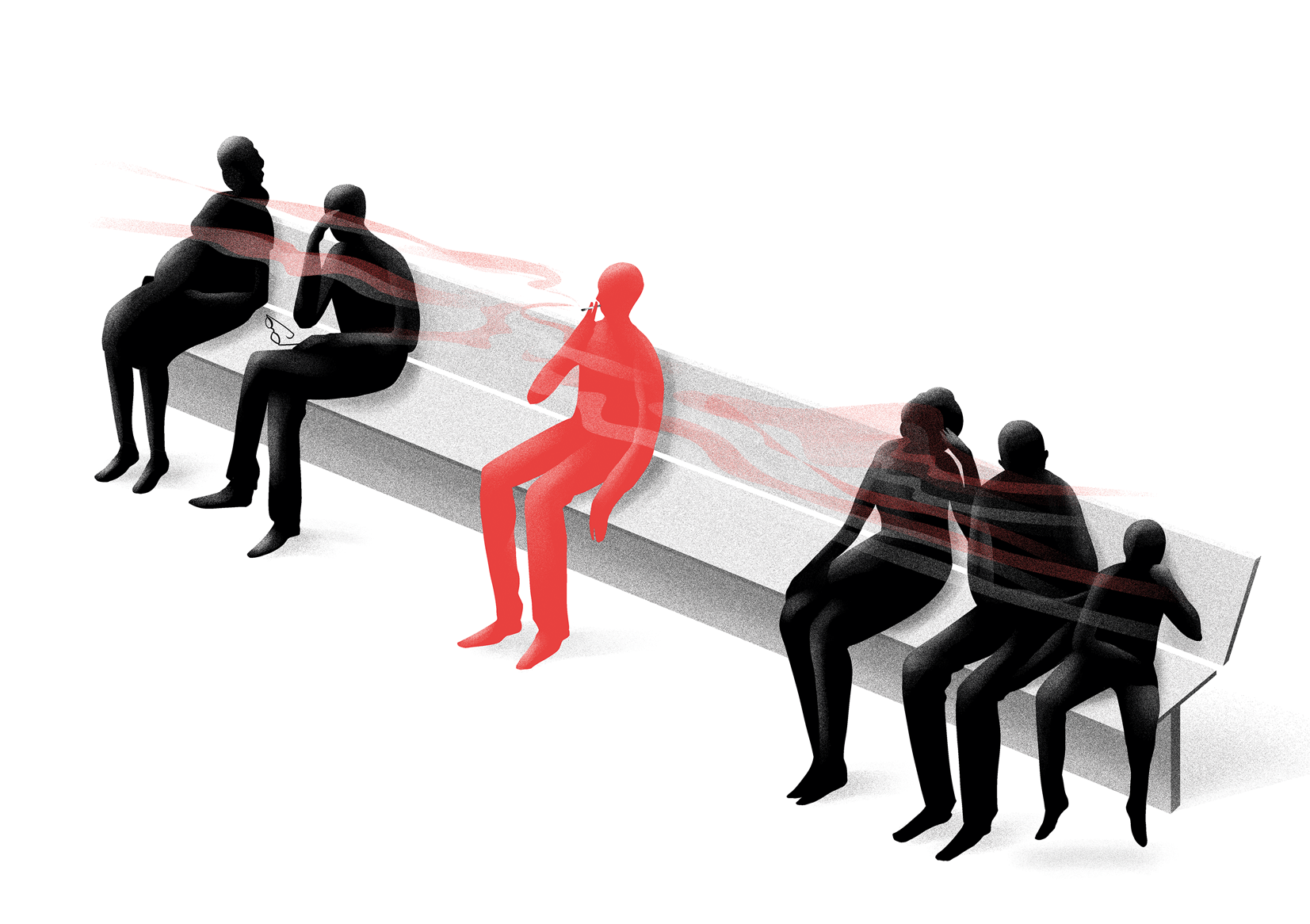
Harms Development
Tobacco spending diverts funds from the resources that families need to rise out of poverty. On average in Kazakhstan, a smoker must spend 1.22% of GDP per capita to buy 100 packs of the most popular cigarettes in a year.
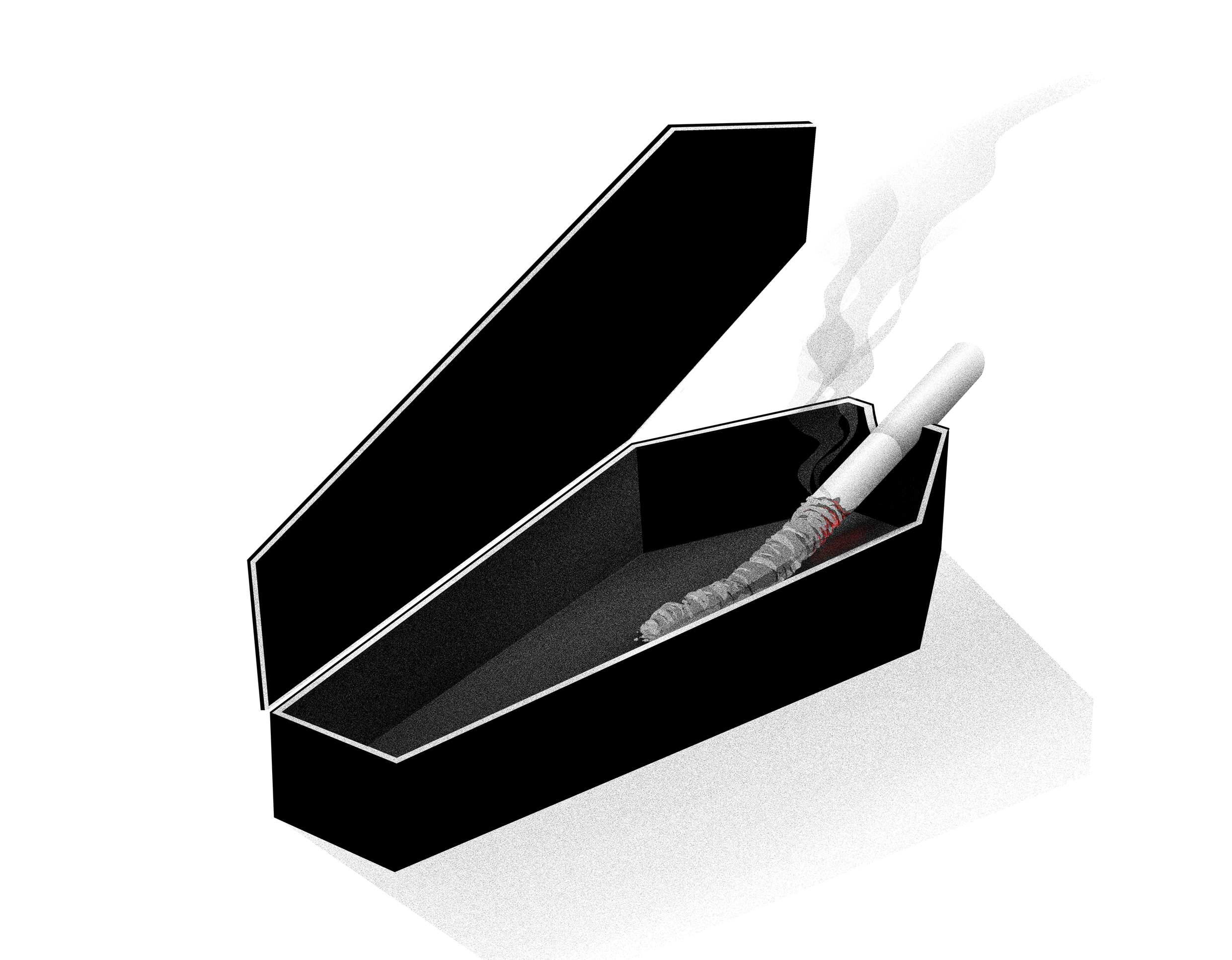
Environmental Harms
Cigarette butts are the most commonly discarded pieces of waste worldwide. It is estimated that 4,442 tons of butts wind up as toxic trash in Kazakhstan each year, equal to 1,269 female African elephants.
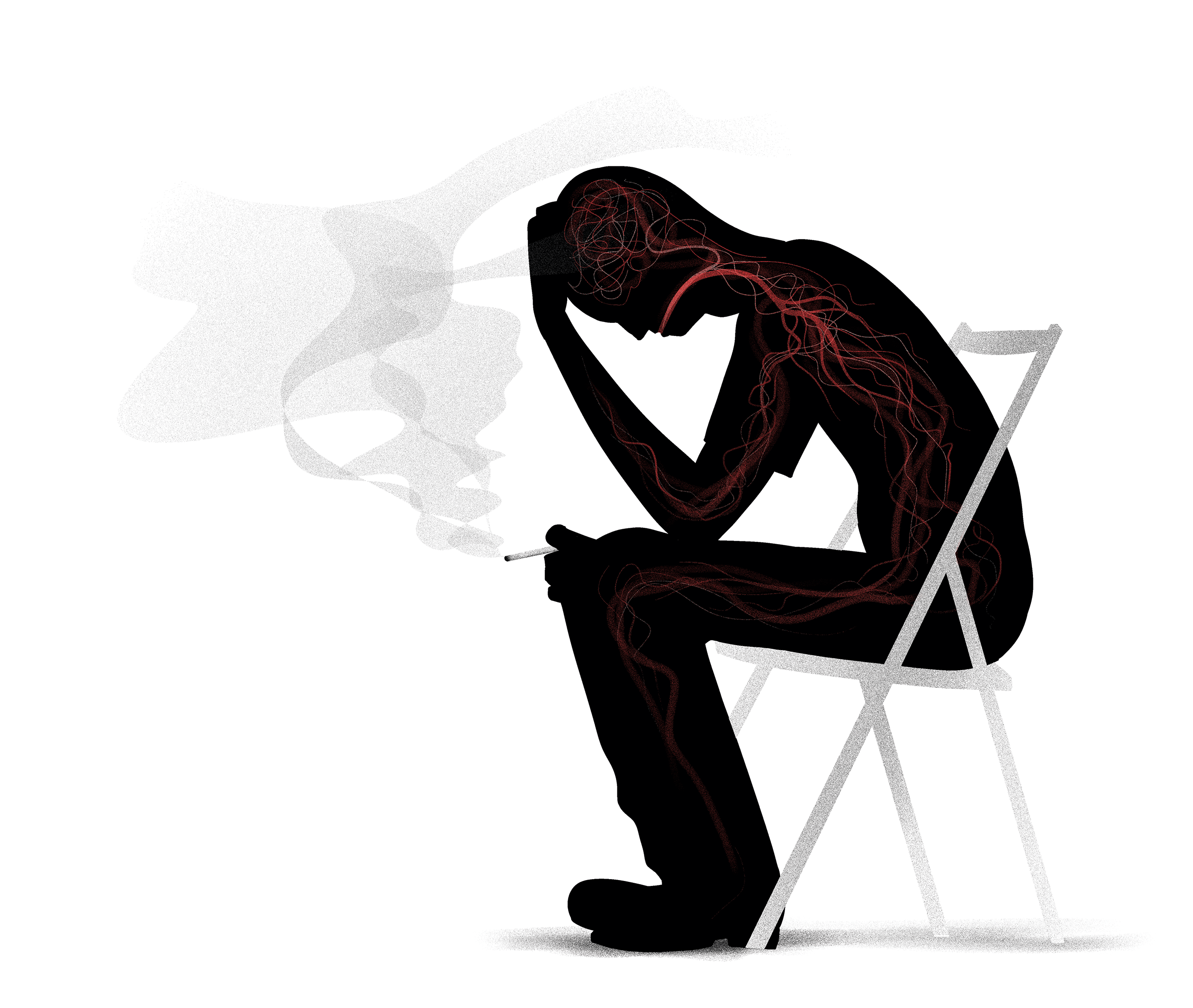
Harms Health Equity
The tobacco industry markets its products aggressively to lower-income populations and youth in Kazakhstan.
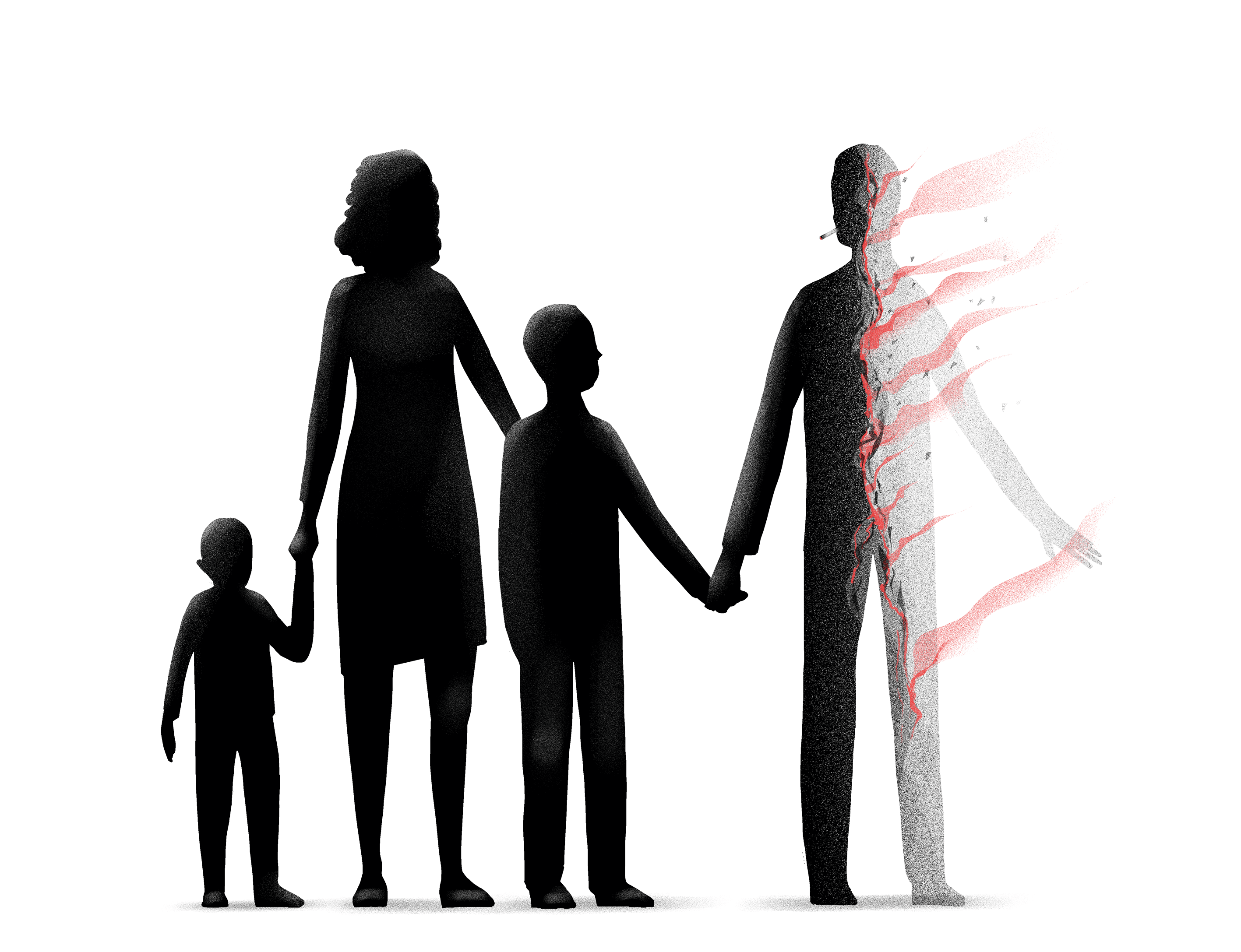
Harms NCDs
Not only is smoking a major risk factor for the 4 largest noncommunicable diseases (cancer, heart diseases, respiratory diseases, and diabetes), but people living with mental illness are nearly 2x as likely to smoke as other individuals.
Learn more about Health Effects.
Impact of the Tobacco Supply Chain on Kazakhstan
The tobacco industry profits significantly from producing and selling tobacco. At the same time, across the tobacco supply chain, there are significant negative health and economic repercussions for Kazakhstan.
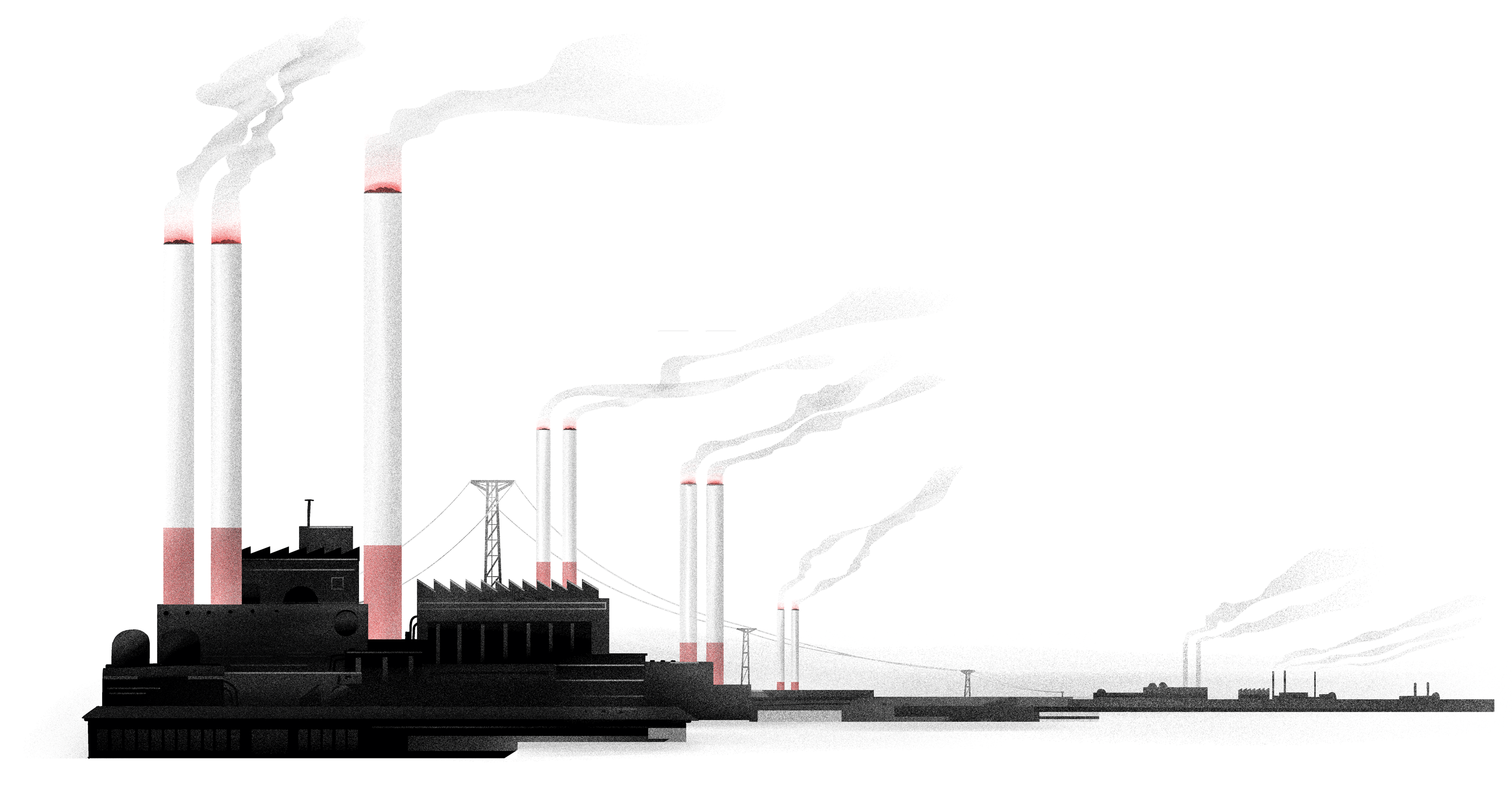
Tobacco Production
There were approximately 20 billion cigarettes produced in Kazakhstan in 2016.
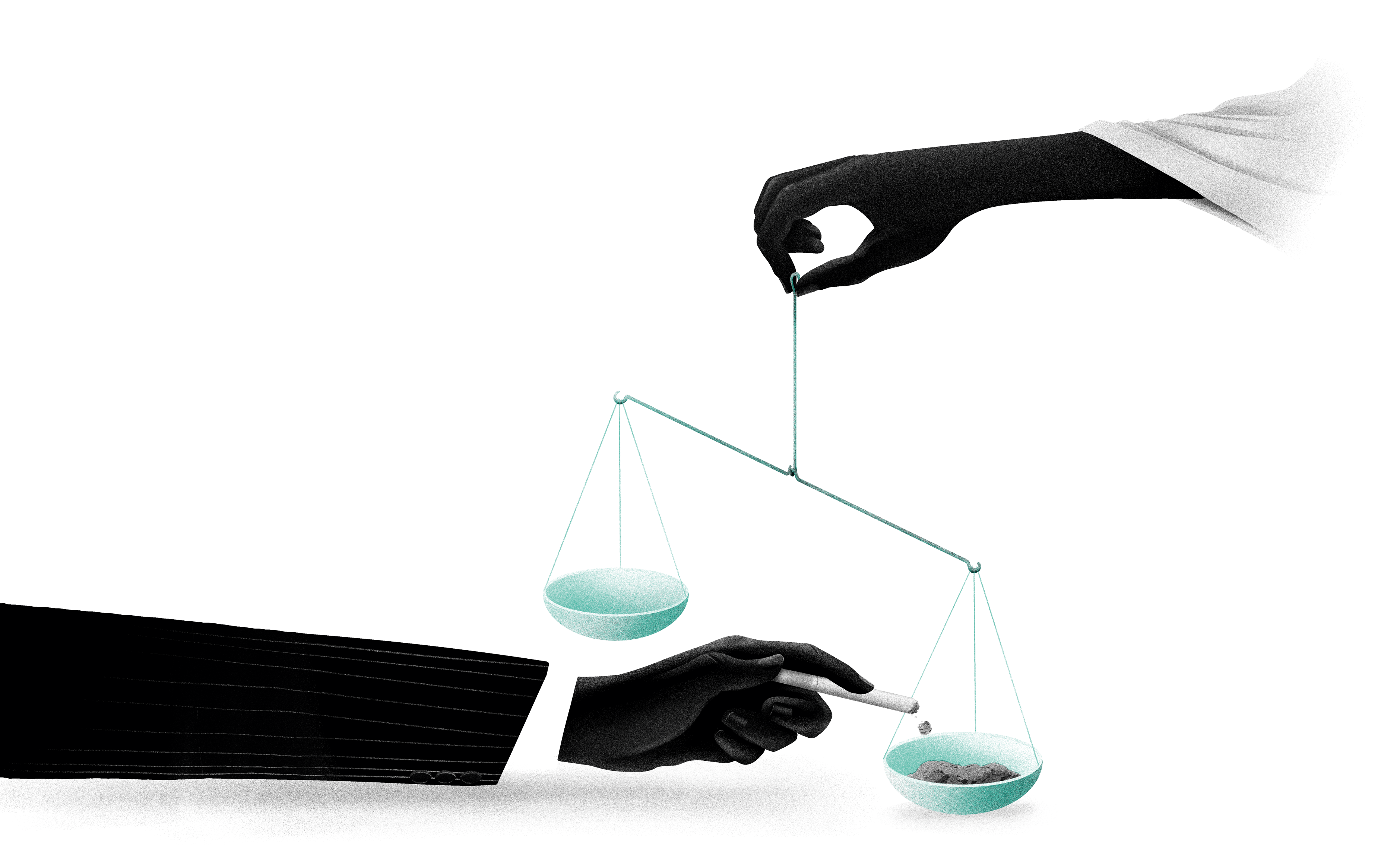
Tobacco Industry
The total revenue of the 6 largest tobacco companies in the world was USD 336 billion in 2019, about the same as Viet Nam's Gross National Income (GNI), 5x Ghana's GNI and 9x Paraguay's GNI.
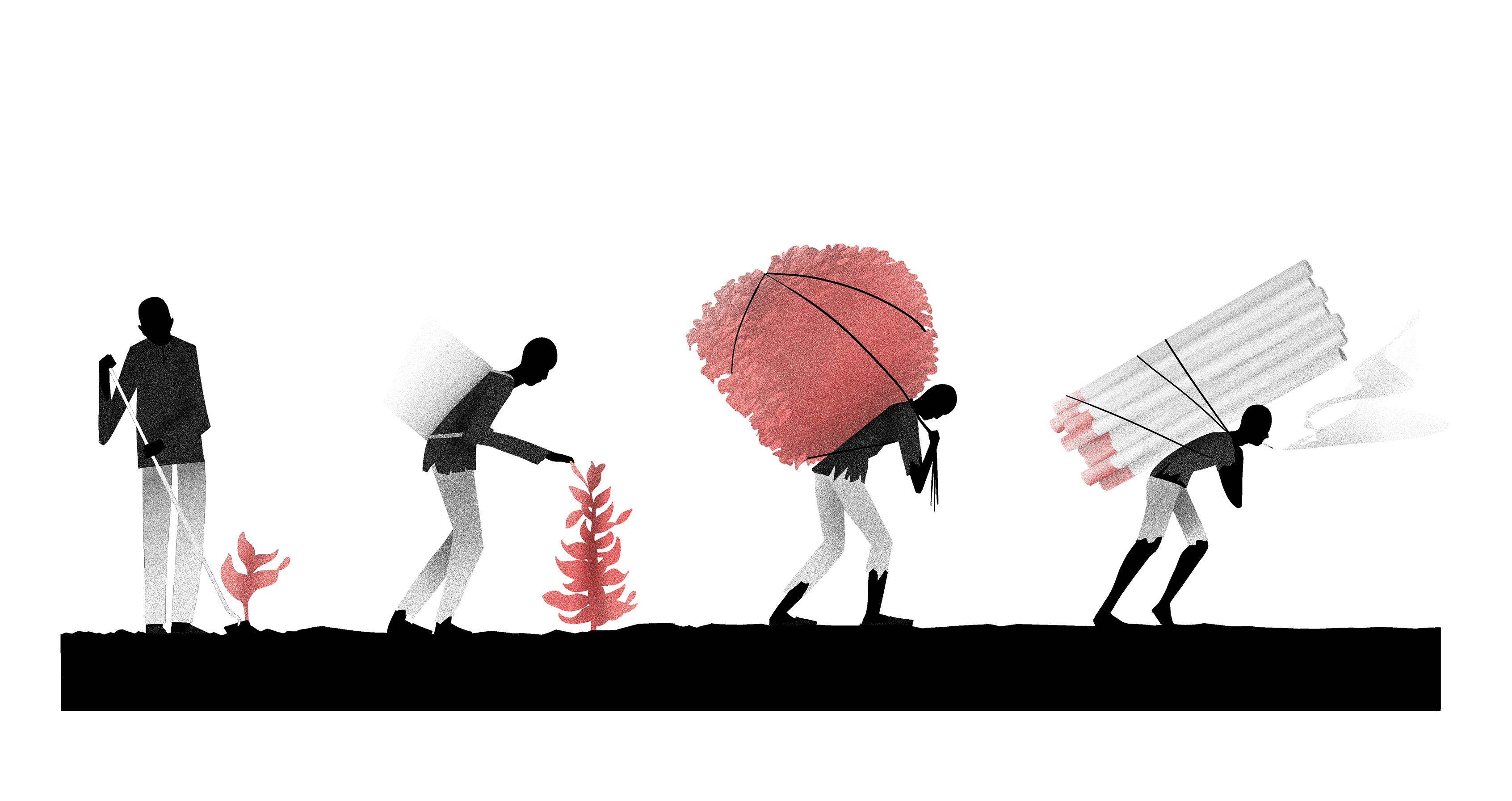
Tobacco Growing
There were 1179 tons of tobacco produced in Kazakhstan in 2019 on 349 hectares of quality agricultural land that could have been used to grow food.
Learn more about global Product Sales and Growing.
Fortunately, there are evidence-based—i.e. proven—solutions to the challenges posed by tobacco use. For several decades, governments around the world have been introducing a set of policies that address the demand for tobacco products, particularly among youth. These policies effectively reduce consumption and are cost-effective because they save goverments enormous amounts of money in health care spending and increase economic productivity.
Yes
Healthcare Facilities
Yes
Educational Facilities
Yes
Universities
Yes
Government Facilities
Yes
Indoor Offices
No
Restaurants
No
Pubs and Bars
Yes
Public Transport
N/A
All Other Indoor Public Places
No
Funds for Enforcement
Availability of Cessation Services in Kazakhstan
Quitting Resources
NRT and/or some cessation services (at least one of which is cost-covered)
National Quit Line
No
Learn more about best practices in Cessation.
Tobacco Packaging Regulations in Kazakhstan
Quality of Tobacco Packaging Regulation
None
Text warning label only
Graphic warning label only
Plain Packaging with graphic warning label
% of Pack Covered
65%
Learn more about best practices in Counter Marketing.
Tobacco Control Mass Media Campaigns in Kazakhstan
Ran a National Anti-Tobacco Campaign
Part Of A Comprehensive Tobacco Control Program
Pre-Tested With The Target Audience
Target Audience Research Was Conducted
Aired On Television And/Or Radio
Utilized Media Planning
Earned Media/Public Relations Were Used To Promote The Campaign
Process Evaluation Was Used To Assess Implementation
Outcome Evaluation Was Used To Assess Effectiveness
Learn more about best practices in Mass Media.
Tobacco Tax Policies in Kazakhstan
Using evidence-based international recommendations/best practices, the Tobaccononomics Cigarette Tax Scorecard assesses four components of tax systems — price, change in affordability, tax share, and structure — on a scale of 0 to 5, where a higher score is preferred.
The overall score is an average of the four component scores.
Consumers respond to higher prices by decreasing consumption and some quit using tobacco.
In addition to price, change in affordability is critical. Cigarettes need to become less affordable for consumption to decline.
Large tax shares of price are usually a good indicator that taxes are working.
Best practices include relying more on uniform specific excise taxes that are adjusted regularly to outpace growth and inflation.
Learn more about the Scorecard in Kazakhstan.
Regulations on Tobacco Advertising, Promotion, and Sponsorship (TAPS) in Kazakhstan
Marketing is the key avenue that tobacco companies use to reach consumers, new and old. Restricting or eliminating marketing is key to tobacco control success.
Direct Bans 7 out of 7 direct bans implemented
National TV and radio
International TV and radio
Local magazines and newspapers
International magazines and newspapers
Billboard and outdoor advertising
Advertising at point of sale
Advertising on internet
Ad Ban Compliance: 65%
Indirect Bans 4 out of 10 indirect bans implemented
Free distribution in mail or through other means
Promotional discounts
Non-tobacco products identified with tobacco brand names
Brand name of non-tobacco products used for tobacco product
Appearance in TV and/or films: tobacco brands (product placement)
Appearance in TV and/or films: tobacco products
Prescribed anti-tobacco ads required for any visual entertainment media product that depicts tobacco products, use or images
Complete ban on sponsorship
Any form of contribution (financial or other support) to any event, activity or individual
Ban on the publicity of financial or other sponsorship or support by the tobacco industry of events, activities, individuals
Ad Ban Compliance: 65%
Source: GTCR